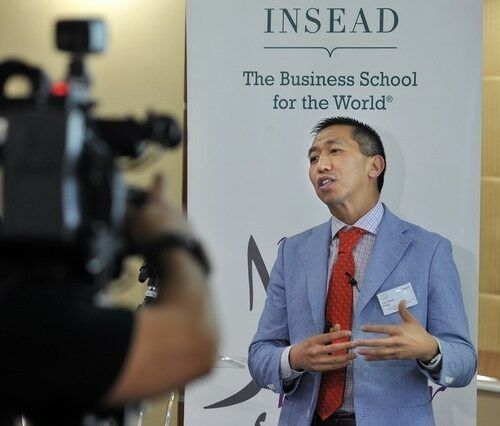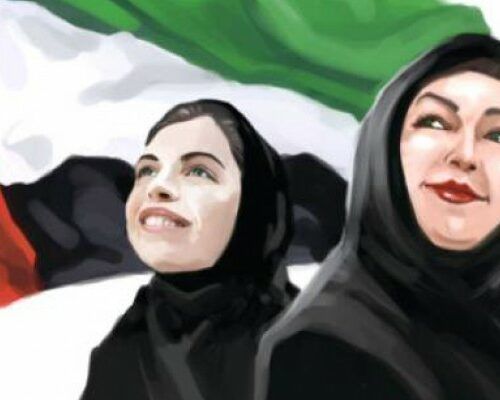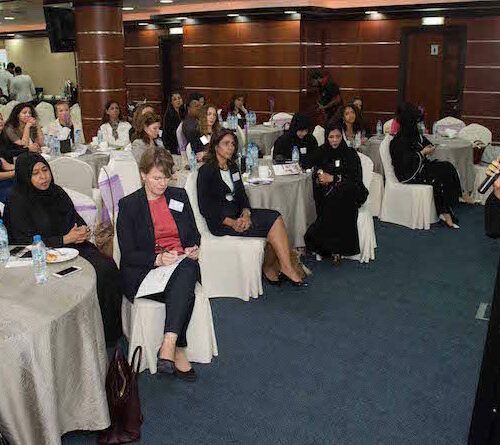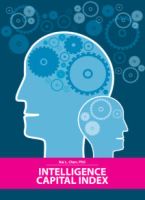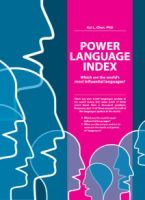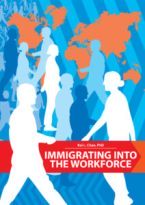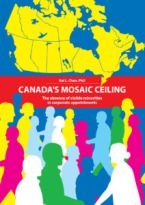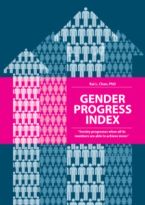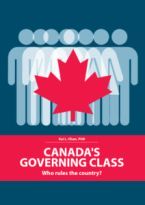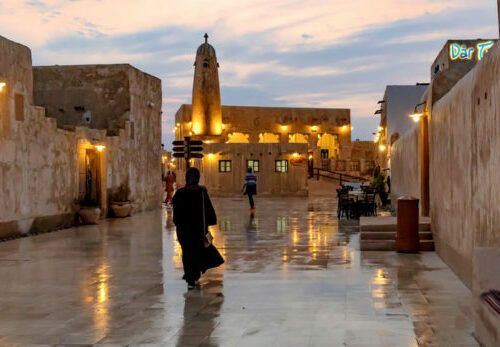
MARCH 17, 2017 by VICTORIA SCOTT Qatar is home to one of the most unequal societies in the world when it comes to gender, according to a new index. The country ranked 117th out of 122 nations listed in business school INSEAD‘s Gender Progress Index 2017, which was released this month. That puts Qatar behind all of its Gulf peers. According to the report, the low score had to do with a lack of female political involvement, as well as the low number of men pursuing higher education in Qatar. That said, none of the Gulf countries fared particularly well in the index. The UAE was the highest-ranked GCC nation at 85th. Kuwait was 99th, Bahrain 103rd, Saudi Arabia 110th and Oman was 113th. ‘Uneven development’ The index covers five different aspects of a nation: education, health, labor, political involvement and society. Within each of these sections are several different parameters. These include PISA scores, obesity and mortality rates, shares of seats in positions of power and parental leave allowances. Qatar’s poor score is due to its “uneven development,” the report’s author and INSEAD economist Dr. Kai Chan told Doha News. “While good in some areas, it (Qatar’s development) is not balanced,” he said. A different kind of index According to Chan, this…

 A New Global Measure of Gender Progress Kai L. Chan, Distinguished Fellow, INSEAD Innovation & Policy Initiative | April 20, 2017 [caption id="attachment_3383" align="aligncenter" width="650"] Societies should look beyond where women fall behind and instead try to tap the full potential of both sexes.[/caption] Inequality is the “defining issue of our time”, said then U.S. President Barack Obama in 2011 and again in 2013. The next year Pope Francis tweeted that inequality was the root of all social evil. And the IMF issued a report in 2015 framing income inequality as the “defining challenge of our time”. Where does gender fit in the inequality picture? In most countries, women who want to work face more hurdles than men and, when employed, are often paid less for the same work. Another report by the IMF showed how gender income gaps dampen productivity and growth at the worldwide level. There’s no question that closing gender gaps – typically understood as giving women equal rights – is a pressing issue. However, I would argue that just as society loses when women fall short, so too when men are stifled. What Jack can do so can Jill, and vice versa Take countries like Rwanda, Nicaragua…
A New Global Measure of Gender Progress Kai L. Chan, Distinguished Fellow, INSEAD Innovation & Policy Initiative | April 20, 2017 [caption id="attachment_3383" align="aligncenter" width="650"] Societies should look beyond where women fall behind and instead try to tap the full potential of both sexes.[/caption] Inequality is the “defining issue of our time”, said then U.S. President Barack Obama in 2011 and again in 2013. The next year Pope Francis tweeted that inequality was the root of all social evil. And the IMF issued a report in 2015 framing income inequality as the “defining challenge of our time”. Where does gender fit in the inequality picture? In most countries, women who want to work face more hurdles than men and, when employed, are often paid less for the same work. Another report by the IMF showed how gender income gaps dampen productivity and growth at the worldwide level. There’s no question that closing gender gaps – typically understood as giving women equal rights – is a pressing issue. However, I would argue that just as society loses when women fall short, so too when men are stifled. What Jack can do so can Jill, and vice versa Take countries like Rwanda, Nicaragua… 

